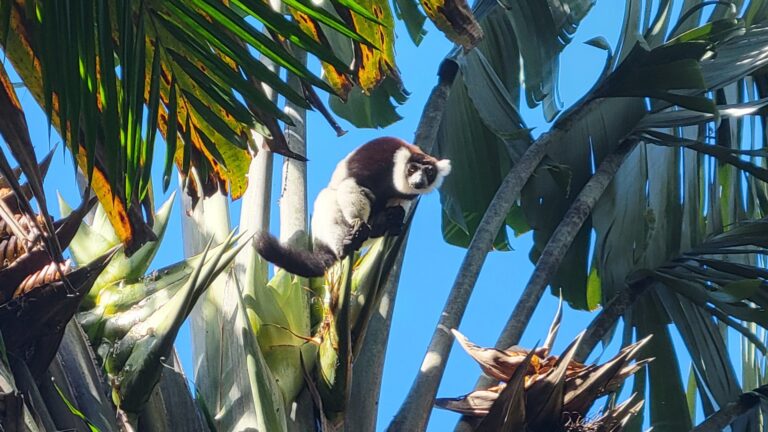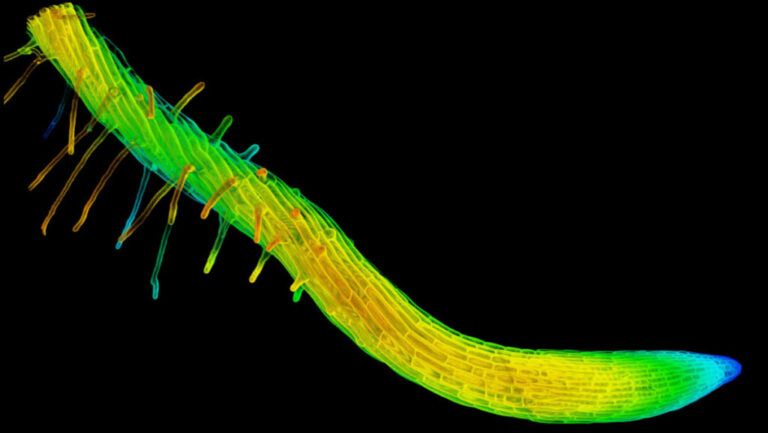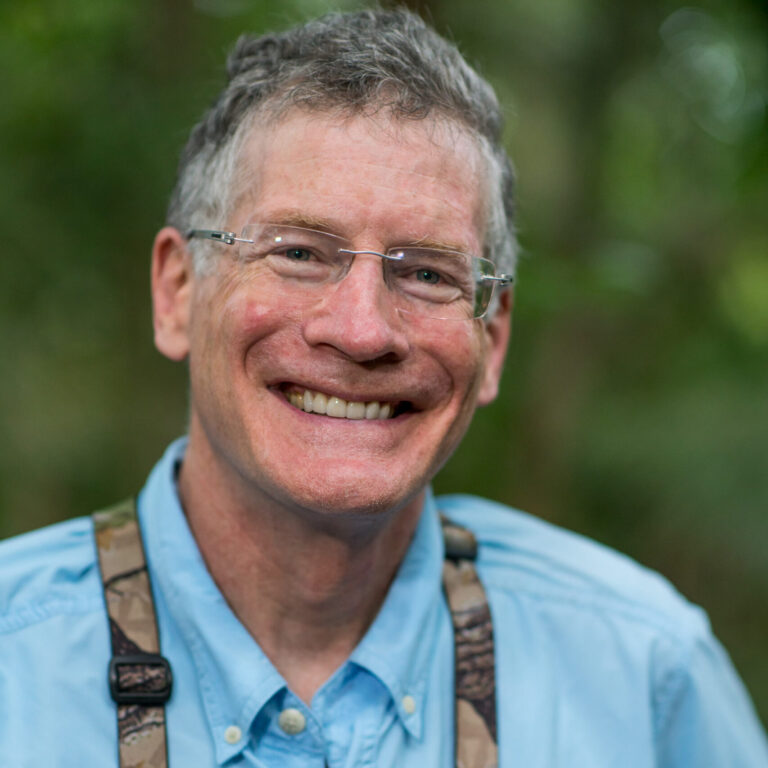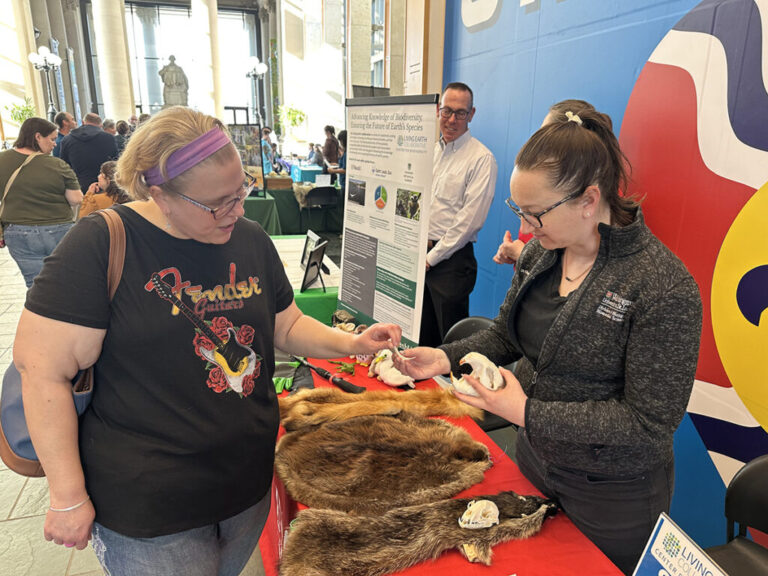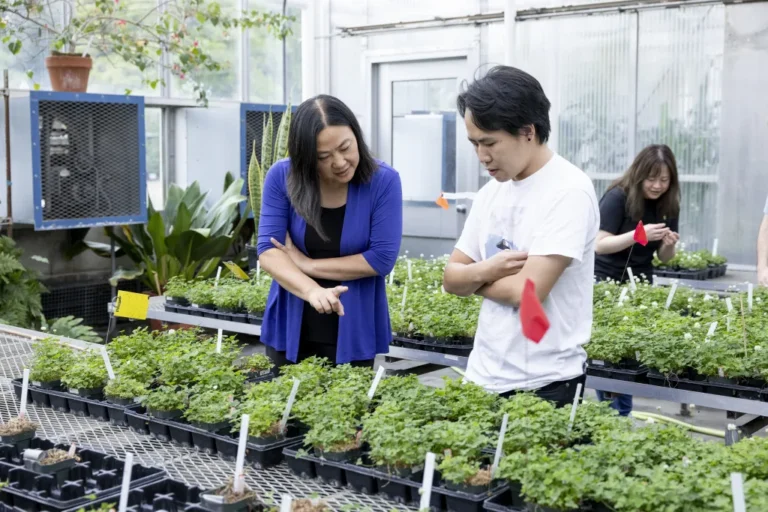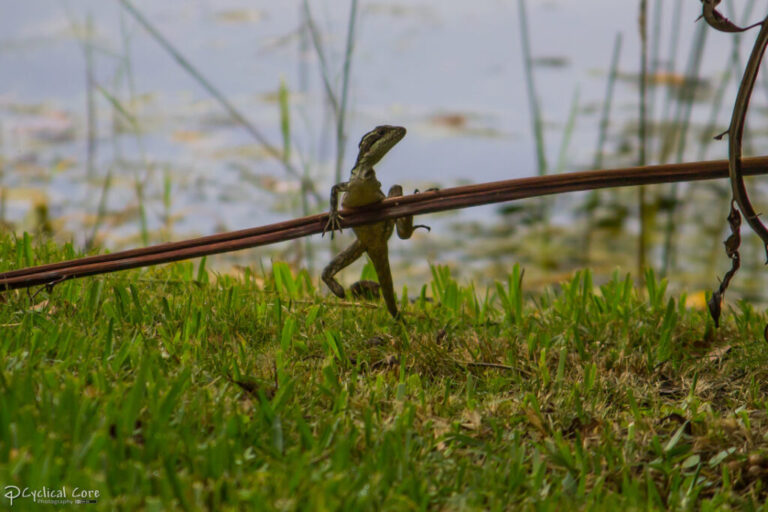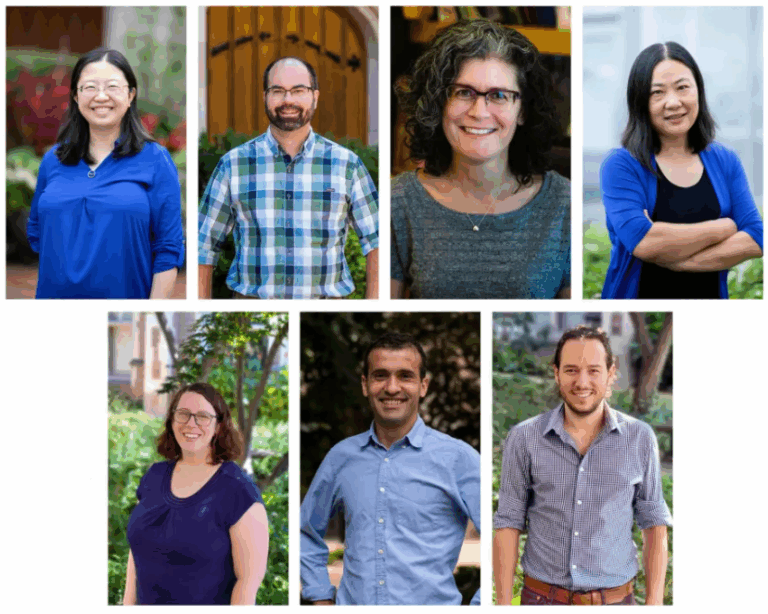Human-wildlife interaction in Madagascar
Three WashU researchers studying human-wildlife interaction in the forests of Madagascar have approached their research in a unique way – one that recognizes that protecting wildlife requires protecting people.
Plant science with a twist
Researchers at WashU find mechanism for twisted growth of plant organs
Plant science with a twist
Researchers at WashU find mechanism for twisted growth of plant organs
Losos, Zorumski receive faculty achievement awards
Founders Day recognizes distinguished faculty, alumni, supporters
WashU-sponsored Thursday Nights at the Museum celebrate St. Louis
Free, family-friendly event features performances, panel discussions, film and music
2026 Arboretum Sticker Competition
The WashU Arboretum is now welcoming design submissions from WashU students for the 2026 Arboretum sticker, featuring this year’s Tree of the Year, Ginkgo biloba.
Zhong wins several major research grants
New federal funding will advance the biologist’s pioneering research on plant epigenetics.
The Living Earth Collaborative connects the dots to build a greener St. Louis
Through transdisciplinary collaboration, the organization’s three working groups are redefining the region’s relationship with nature.
‘Pirates’ of the Caribbean: The luck and pluck of three-legged lizards
Chance encounter inspired team of biologists to study lizards with missing, reduced limbs
Biology faculty receive seven NIH MIRA awards
Seven members of the Department of Biology have received Maximizing Investigators’ Research Awards (MIRA) from the National Institutes of Health (NIH).
